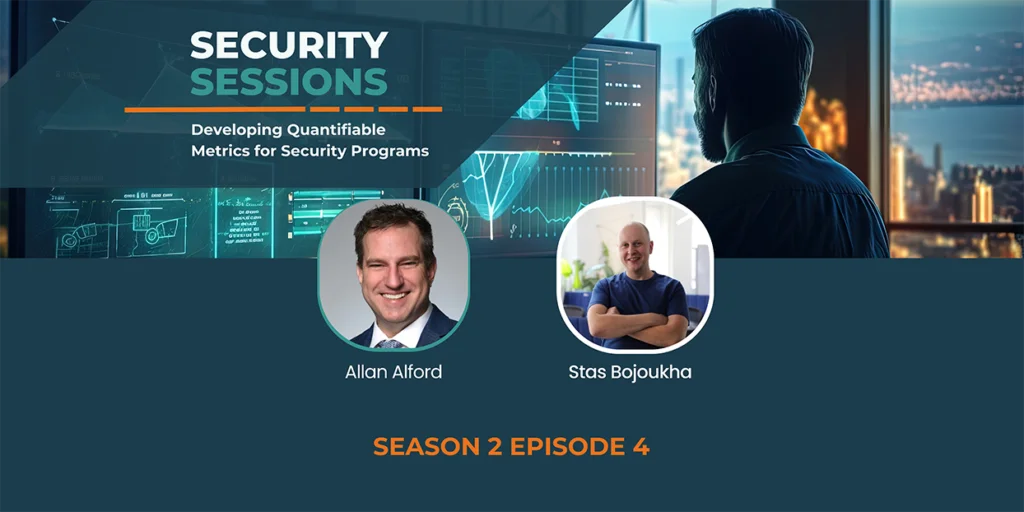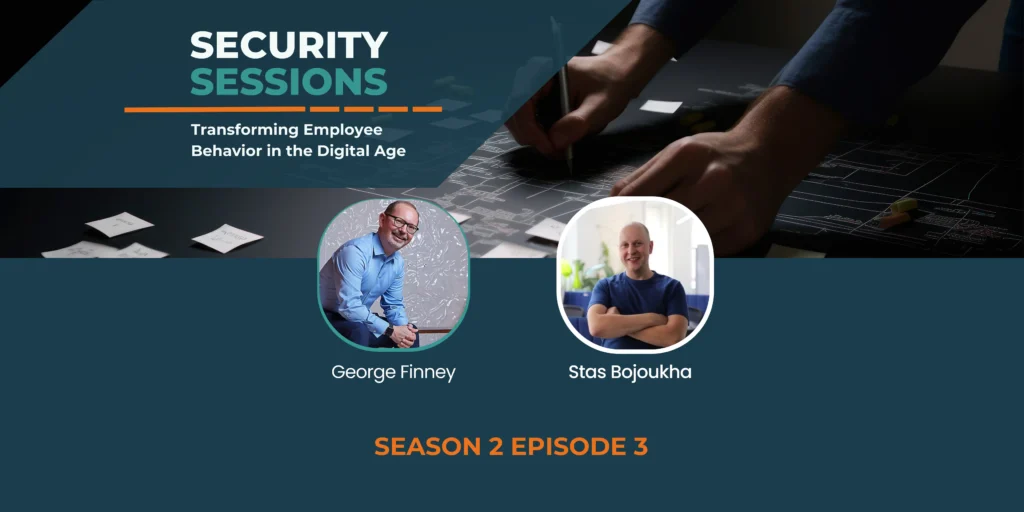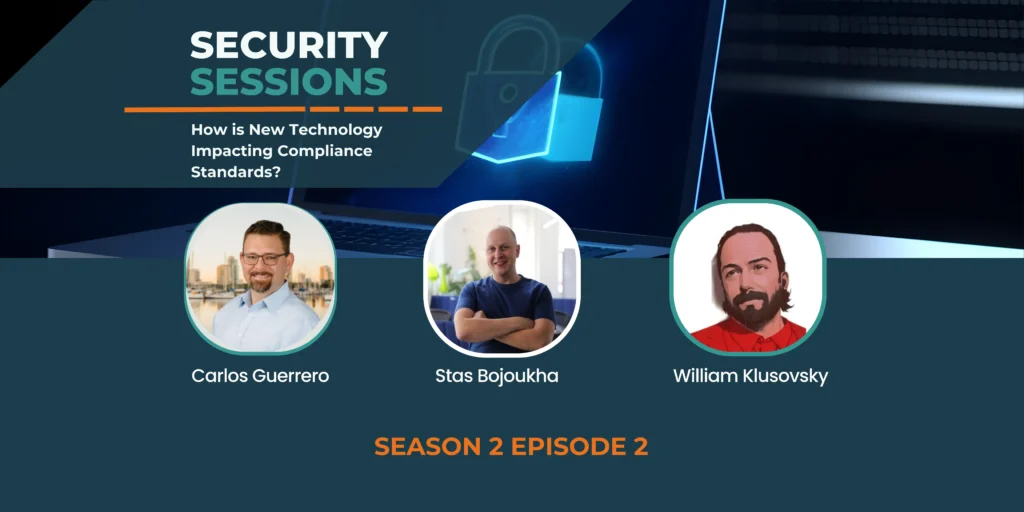The role of security professionals and mental health relating to safeguarding organizations against cyber threats has never been more crucial. These unsung heroes work tirelessly behind the scenes, combating cybercriminals, protecting sensitive data, and ensuring the digital fortresses of their organizations remain impenetrable. However, the armor these professionals wear isn’t just physical; it’s also mental.
The importance of organizations prioritizing the mental health of their employees, particularly security professionals who operate in high-stress environments, cannot be overstated. The digital realm is a battlefield where the adversaries are relentless, the stakes are high, and the pressure is unrelenting. In such an environment, fostering mental well-being isn’t just a moral obligation; it’s a strategic imperative. Some of the topics we will cover today are:
Mental Health in a High-Stress Environment
Information security professionals often work in a high-stress environment due to the constantly evolving nature of cybersecurity threats. This stress can have an impact on mental health, potentially leading to burnout, anxiety, and other mental health challenges.
Long Hours and Mental Health Effects
The field of information security often requires long and irregular hours, especially during incidents or when dealing with breaches. This can lead to work-life imbalance and negatively affect mental well-being.
Skill Gap and Pressure
There’s a global shortage of cybersecurity professionals, which puts added pressure on those already in the field. The need to constantly stay updated with new technologies and techniques can contribute to stress.
High Responsibility
Information security professionals bear significant responsibility for protecting sensitive data and systems. The fear of making mistakes that could lead to breaches or attacks can impact mental health.
Cybersecurity Incidents
Dealing with cyber incidents, breaches, and attacks can be emotionally taxing. Professionals may experience feelings of frustration, guilt, or inadequacy when responding to these incidents.
Job Turnover
The nature of the field can sometimes lead to relatively frequent job changes as professionals seek new challenges and opportunities. This turnover can impact long-term career stability.
Support and Resources
The availability of supportive workplace environments, access to resources for managing stress, and promoting work-life balance can significantly impact mental health outcomes for information security professionals.
Awareness and Stigma
The stigma around mental health issues can sometimes prevent individuals from seeking help when needed. Increasing awareness and promoting open conversations about mental health can be beneficial.
Speakers:
William Klusovsky, Cybersecurity Executive
Stas Bojoukha, CEO and Founder of Compyl
Derek Scheller Jr. (The Cyber Warrior, Practice Manager – Security Engineering
Host
Disclaimer: This podcast and website do not necessarily represent the opinions of Compyl employees and their guests to the show and website. The content provided is for informational purposes only, Views and opinions expressed in the video webinar series, podcasts and website are our own and do not represent that of our places of work. While we make every effort to ensure that the information we are sharing is accurate, we welcome any comments, suggestions, or correction of errors.













